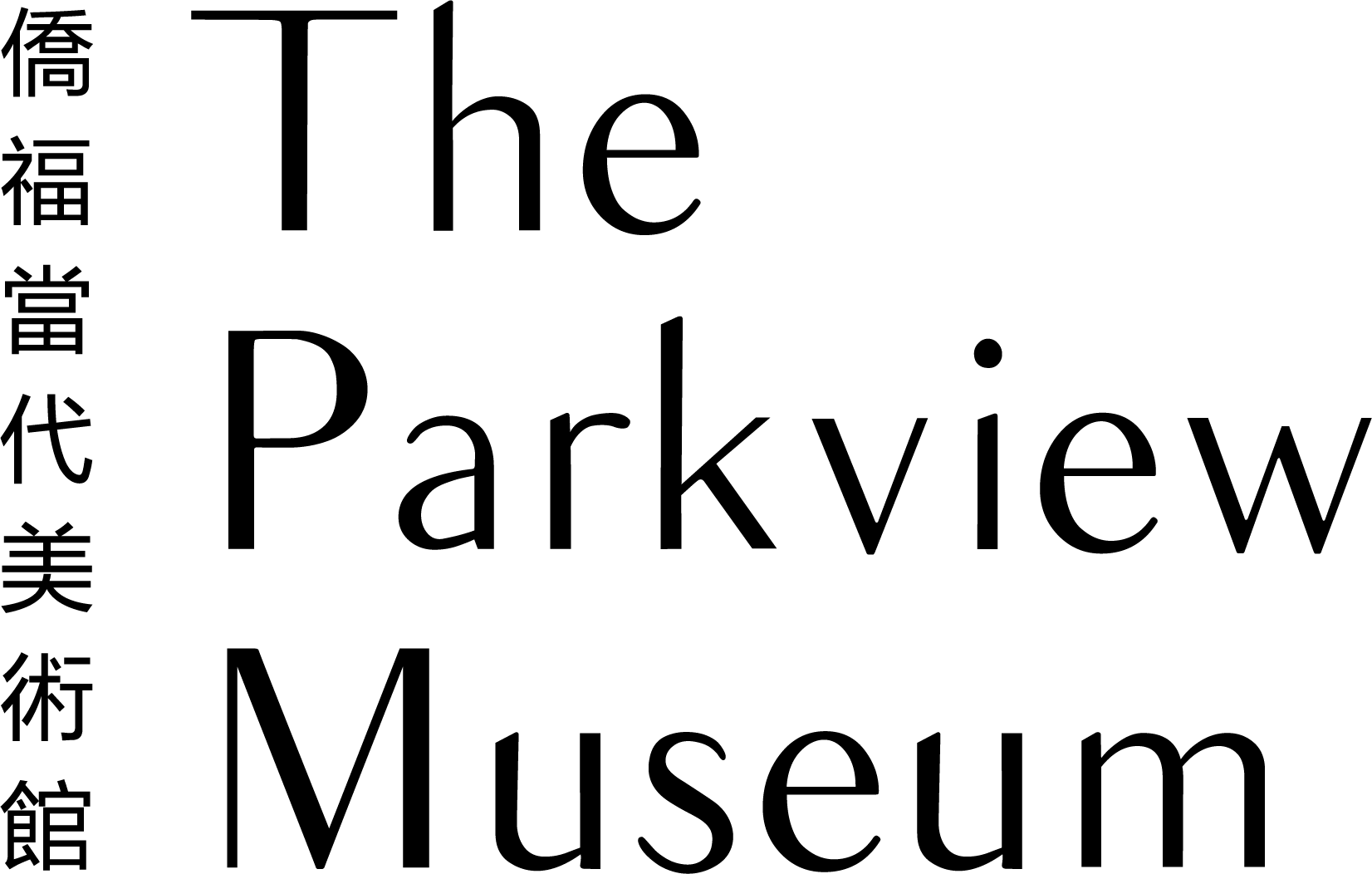UCCA Beijing Closed Today,
UCCA Dune Open Today, 9:30-18:00 (Final entry: 17:30)
UCCA Clay Open Today, 9:00-18:00 (Final entry: 17:30)
UCCA BeijingUCCA × The Parkview Museum·Beijing
2023.8.13 - 2023.8.20
UCCA × The Parkview Museum·Beijing
“Matisse by Matisse” Film Series: Monet to Matisse
2023.8.13 - 2023.8.20
14:00-15:40
In the late nineteenth century, following the rise of the middle class amidst the Industrial Revolution, Impressionist artists shattered the conventions of traditional art, which was focused on ostensibly “timeless” themes and subjects like religion and war. Instead, the movement’s artists employed vibrant colors to bring attention to the very essence of representing reality through painting. Intriguingly, around the time same time many artists grew interested in gardening.
In 1912, Matisse immersed himself in cultivating his garden in Issy-les-Moulineaux. His painting Tea (1919), takes the garden as its theme, and brings daily domestic joy into it through the orderly harmony of its pastoral ambience and people’s relaxed postures. Plants and flowers are also quite common in Matisse’s later paper cut-outs. The interior of his studio at the Hôtel Régina in Nice later in his life, adorned with cut-outs of plants and animals in various colors and shapes, conveyed an even more vibrant garden than a real one.
Claude Monet, another remarkable painter, was also an avid horticulturist. His dedication to painting gardens profoundly influenced many other painters’ approaches towards depicting vegetation. Thanks to his influence, gardens would serve as an important theme in the work of renowned artists such as Van Gogh, Bonnard, and Matisse. The concepts of time and space gradually dissolve within the shimmering light and pure colors, as Monet’s meticulous brushstrokes guide the audience into a serene world, where the radiance of all things converges in stillness.
On Sunday August 13 and Sunday August 20, UCCA is collaborating with the Parkview Museum·Beijing to present the “Matisse by Matisse” film series, featuring Painting the Modern Garden: Monet to Matisse and Matisse Live. We invite the audience to witness Matisse’s vibrant colors and ever-changing light, going beyond paintings themselves and the pages of books to experience elegant artists’ gardens. Painting the Modern Garden: Monet to Matisse shall bring the audience into the poetic collision between color, light, shadow, and plants, while Matisse Live vividly introduces Matisse’s paper cut-outs and how he captured the beauty of the natural world through his powerful, seemingly off-the-cuff use of blocks of color.
Schedule
2023.8.13(Sun)14:00-15:40Screening: Painting the Modern Garden: Monet to Matisse
2023.8.20(Sun)14:00-15:30Screening: Matisse Live
Films introduction
Painting the Modern Garden: Monet to Matisse
Director: David Bickerstaff
Genre: Documentary
Production company: Seventh Art Productions
Duration: 93 minutes
Country: UK
Year: 2016
Copyright: Seventh Art Productions
Synopsis: From the exhibition walls to the wonder and beauty of artists’ gardens like Giverny and Seebüll, the film takes a magical and widely travelled journey to discover how different contemporaries of Monet built and cultivated modern gardens to explore expressive motifs, abstract color, decorative design and utopian ideas. Guided by passionate curators, artists and garden enthusiasts, this remarkable collection of Impressionists, Post-Impressionists, and avant-garde artists of the early twentieth century will reveal the rise of the modern garden in popular culture and the public’s enduring fascination with gardens today. Long considered spaces for expressing color, light and atmosphere, the garden has occupied the creative minds of some of the world’s greatest artists.
Matisse Live
Director: Phil Grabsky
Genre: Documentary
Duration: 90 minutes
Country: UK
Year: 2014
Production companies: Phil Grabsky Films, Seventh Art Productions
Copyright: Seventh Art Productions
Synopsis: “Henri Matisse: The Cut-Outs” was hailed the most successful exhibition in Tate Modern’s history. See this show again at your local cinema, featuring exclusive footage from the Museum of Modern Art in New York. Audiences are invited to enjoy an intimate, behind-the-scenes documentary about this acclaimed exhibition with contributions from people who knew Matisse and experts such as curators, historians and Tate director Nicholas Serota and MoMA director Glenn D. Lowry. Plus there are breathtaking, specially commissioned performances by Royal Ballet principal dancer Zenaida Yanowsky and jazz musician Courtney Pine. Acclaimed British actor Simon Russell Beale brings insight and emotion to the words of Henri Matisse himself, while actor Rupert Young (Merlin) narrates.
About the directors
David Bickerstaff (Director, Editor, Writer)
After leaving art college in 1979, David Bickerstaff continued his artist practice while working as a professional actor on many theater , film, and TV programs until moving to the United Kingdom (1988) to continue his career. David created AtomicTV in 1989 as an umbrella organization for developing time-based media projects and he began to experiment with interactive and electronic media. David's documentary work and video installations, such as Narrenturm (2010), Hygieia (2011), Heavy Water: A Film for Chernobyl (2007), and Making War Horse (2009), have been broadcast in Britain and shown in many international festivals, with recent screenings at the Wellcome Collection, Onedotzero, Tate Modern, and the documentary fortnight at the Museum of Modern Art New York. He was a member of the 2004 BAFTA judging panel for interactive art, and since 1997 has been a creative director at Newangle Productions, a commercial partnership that produces video and interactive installations for visitor attractions. Recent clients include the British Museum, Victoria and Albert Museum, Historic Royal Palaces, Museum of London, the Royal Observatory, and Cadbury World. He has won various awards for his projects including an Insight Award for Excellence from the National Association of Film and Digital Media Artists in the US (2007).
Phil Grabsky (Producer, Director, Writer)
Phil Grabsky is a BAFTA-winning British documentary filmmaker who has received multiple awards for his directing, writing, producing, and cinematography. He and his company Seventh Art Productions are behind cinema films such as Muhammad Ali: Through the Eyes of the World, In Search of Beethoven, In Search of Mozart, and the landmark My Childhood, My Country: 20 Years in Afghanistan, which won Best Single Documentary at the 2022 Television BAFTAs and was also nominated for its cinematography. He has made over 250 films which have played in cinemas and on TV and digital platforms worldwide. As a writer, he has written four history books, including The Great Artists—co-authored with Tim Marlow—and the best-seller The Great Commanders. Grabsky is regularly involved as a judge for the Emmys, BAFTAs, Grierson, and One World awards, and has won numerous personal awards himself including Royal Television Society awards for both Best Director and Services to Television, and a Voice of the Listener and Viewer Award for Services to Education. In 2009, Grabsky and his colleagues began work on a new arts genre for the cinema: Exhibition on Screen, which began with Leonardo Live. The aim of the project is to increase access to these exhibitions and their curatorial context. Exhibition on Screen now plays in 1500 cinemas and 60+ countries worldwide. Its website lists 34 films on artists including Leonardo da Vinci, Vincent van Gogh, Rembrandt, David Hockney, and Paul Cézanne.
Collaborator


